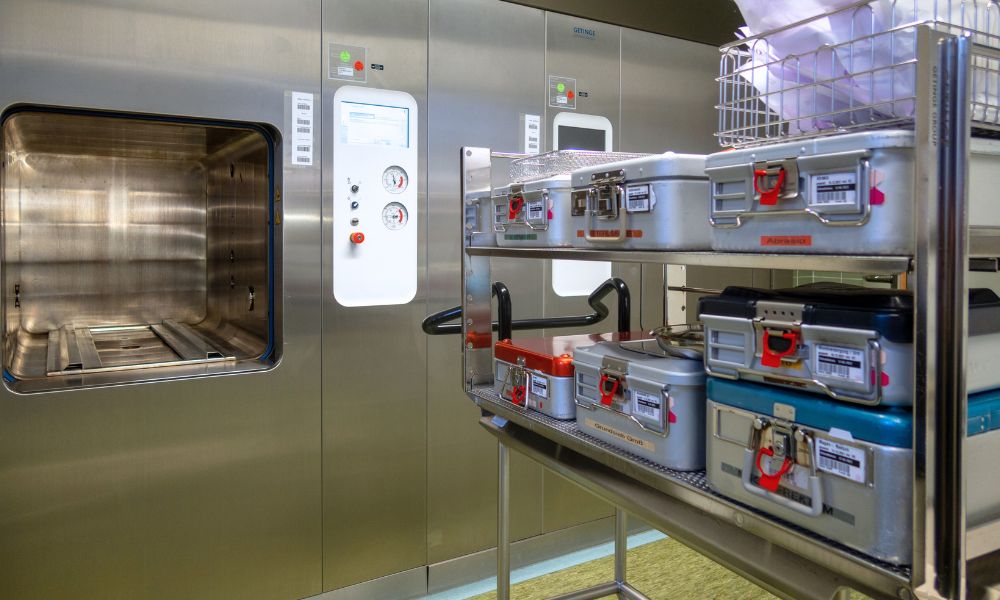Proper validation is crucial when preparing a medical device for sale. Many products within the medical, dental, and pharmaceutical industries must adhere to strict performance, cleaning, and sterilization processes. Without process validation, you are putting patients and end users at risk. We’ll discuss what you should know about medical device validation, and why it’s so important.
What Is Medical Device Validation?
For your product to function properly and safely in the day-to-day of the medical industry, users must follow a series of application, cleaning, reprocessing, and storage processes per the manufacturer’s IFU. These guidelines ensure the device works correctly and is safe for use. Validation is the process of testing those step-by-step instructions to ensure they generate the desired results every time they are repeated. To successfully validate a process per the manufacturer’s instruction, it is a best practice to repeat it a minimum of three times and verify that the desired results are always achieved. The more thorough your validation testing, the greater the chances of success once that device performs in the field.
The Importance of Device Validation
Validation testing not only maximizes the patient’s safety, but it also ensures medical and industry professionals can safely use and reprocess a product. HIGHPOWER focuses primarily on validating device reprocessing instructions for reusable medical devices. Hospital-acquired infections continue to be leading causes of patient mortality. Hospitals and medical centers are very effective at treating individuals, but dangerous bacteria on equipment can cause a surgical site infection when a device is not properly reprocessed between uses. Following proper sterilization and reprocessing measures ensures health care providers can safely use a device from patient A to patient B.
You can guarantee your product’s effectiveness with proper process validation. Testing laboratories will thoroughly examine and test your device’s operational instructions to verify its function. Before your product hits the market, it must demonstrate its efficacy and comply with FDA requirements.
What Process Validation Includes
Another important thing you should know about medical device validation is what is included in this testing. Ideally, engineers should perform validation testing throughout every step of the development process. This allows them to make necessary changes during the manufacturing process. The various types of validation use different equipment to test and mimic real-life scenarios and see if the test achieves the intended results.
For example, design validation tests the validity of a product’s engineering designs; sterilization validation ensures the sterilization process leaves the device sterile after processing. Depending on the process you need, your partnered validation laboratory will perform the required tests and provide you with a detailed test protocol and a report of the results.
If you’re in need of quality medical device testing services for your product, HIGHPOWER is the resource for you. Our top-notch testing equipment and knowledgeable team will expose your product to real-life simulations that mimic a hospital reprocessing center, allowing us to get an accurate understanding of your reprocessing instructions. Then, we will report whether those processes can be repeated and proven effective in a medical or dental environment. Contact us today to learn more.
